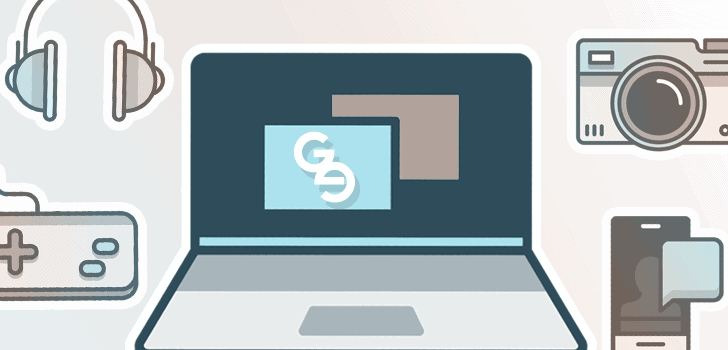A DJ is the life of the party. They provide the sounds that keep things moving. To be successful you need to be good with people, have a sense of style, technical skills, and some specialty DJ equipment. With talent and practice you can build your abilities, but many aspiring DJs get turned around by the multitude of equipment selections they are faced with. It helps to narrow down the confusion a bit.
Turntables
Most traditional DJs prefer the old style vinyl turntables. These guys carry around a box of records and spend a lot of time learning how to scratch. Even though vinyl records are not as popular as they once were, you can still get these turntables for your set up. Consider the quality of the electric motors and whether or not the platforms are directly driven or powered by a belt. The arm controls the tone and sound quality. Straight arms skip less and are easier to control, but curved arms produce a better sound.
CD turntables are more popular with newer DJs. They can be arranged in the traditional table top format or as dual players. These have all the advantages of digital media and still produce good results, but they don’t have the same feel and aesthetic as record players. These turntables are lighter weight and portable.
Mixers
Your mixer is the central part of your DJ setup. The more options your mixer has, the better control you have over the performance. It changes the way your music plays and lets you customize it. Most have multiple channels that can be adjusted individually. Fade your music in and out, and start your next song in the play list right on beat.
Most digital mixers are equipped with sound cards. This is important if you need to actually produce the sound yourself. Not every venue you will perform at will have a sound board. Your mixer will have to do the job. A good sound card gives you better quality of sound and you can plug speakers right into it.
All-In-One Packages
Experienced DJs almost always buy their gear as individual pieces. If you are a hobbyist or amateur, it is in your best interest to start out with a simple all-in-one packaged set. These boxes usually have everything you need including the turn table, mixer, sound card, and amplifier. With one of these you can learn and develop your techniques until you are ready to advance. These boxes are portable and often pair easily with other digital tools like your laptop.
Extra Gear
You will also need to invest in a good seat of headphones, a microphone, and cables. Wearing headphones lets you focus on the sounds you are creating without getting distracted. A microphone gives you the ability to interact with your audience. Simple handheld microphones are affordable, but sometimes you will need your hands free. A cordless headset that incorporates a microphone does both jobs for you. Your cables carry the signals of your sounds and should be the best quality you can afford.
The Most Important Part of Your Setup
Your collection of music is the single most important part of your gear. You will need to pick out songs that focus on your chosen venues. Wedding gigs are different than dances or parties. So be sure that your music is appropriate for the setting.
Those who use vinyl have their work cut out for them. Albums are heavy and take up a lot of space. CDs are lighter weight and more durable, but many newer DJs depend on a digital collection stored on a laptop computer. This is a flexible system that gives you a convenient and robust collection of songs wherever you go.
To be successful, get the gear and setup you need. You can always upgrade later on. Practice often, and make sure to book events that are appropriate to your skill level.
Photo: Erin Resso
